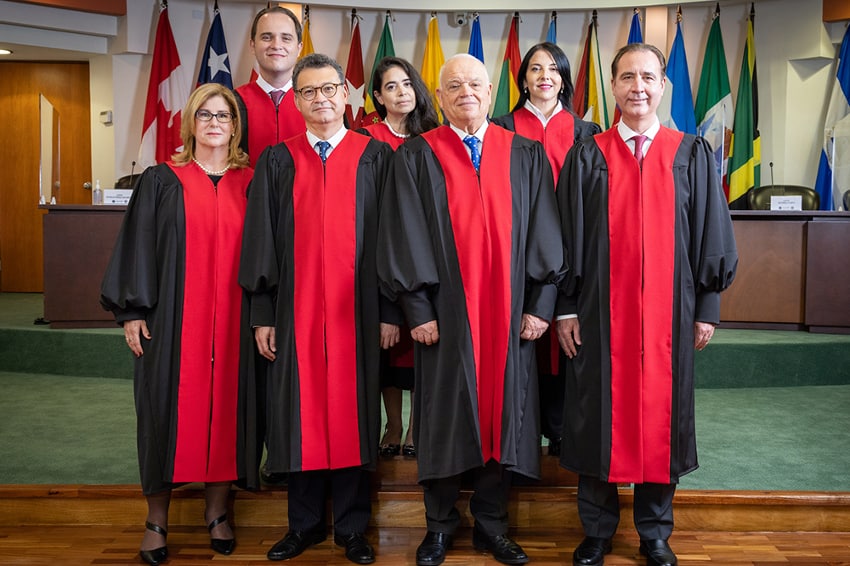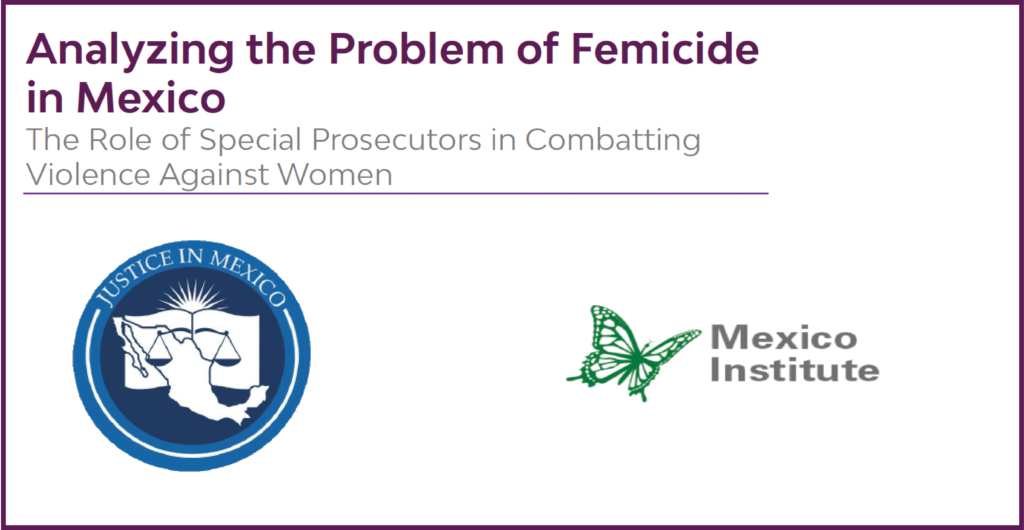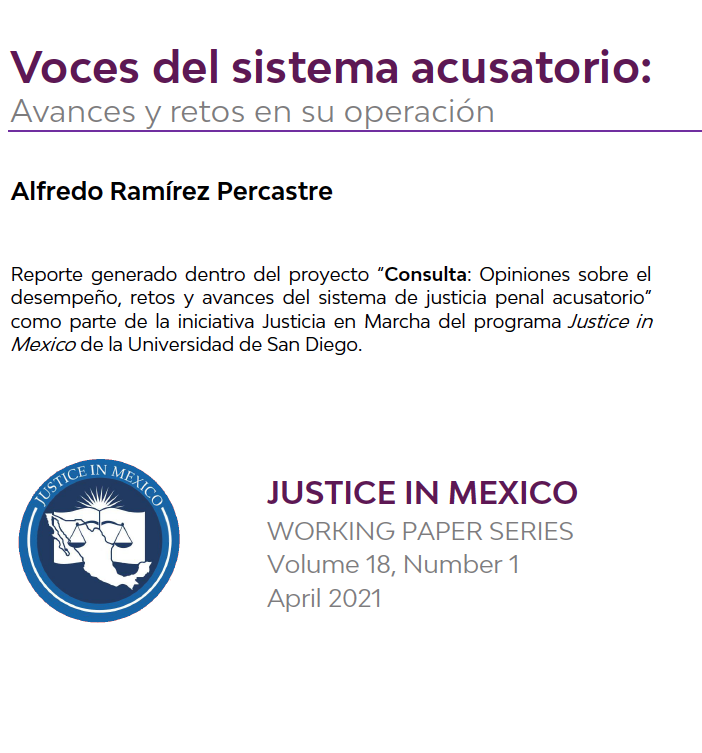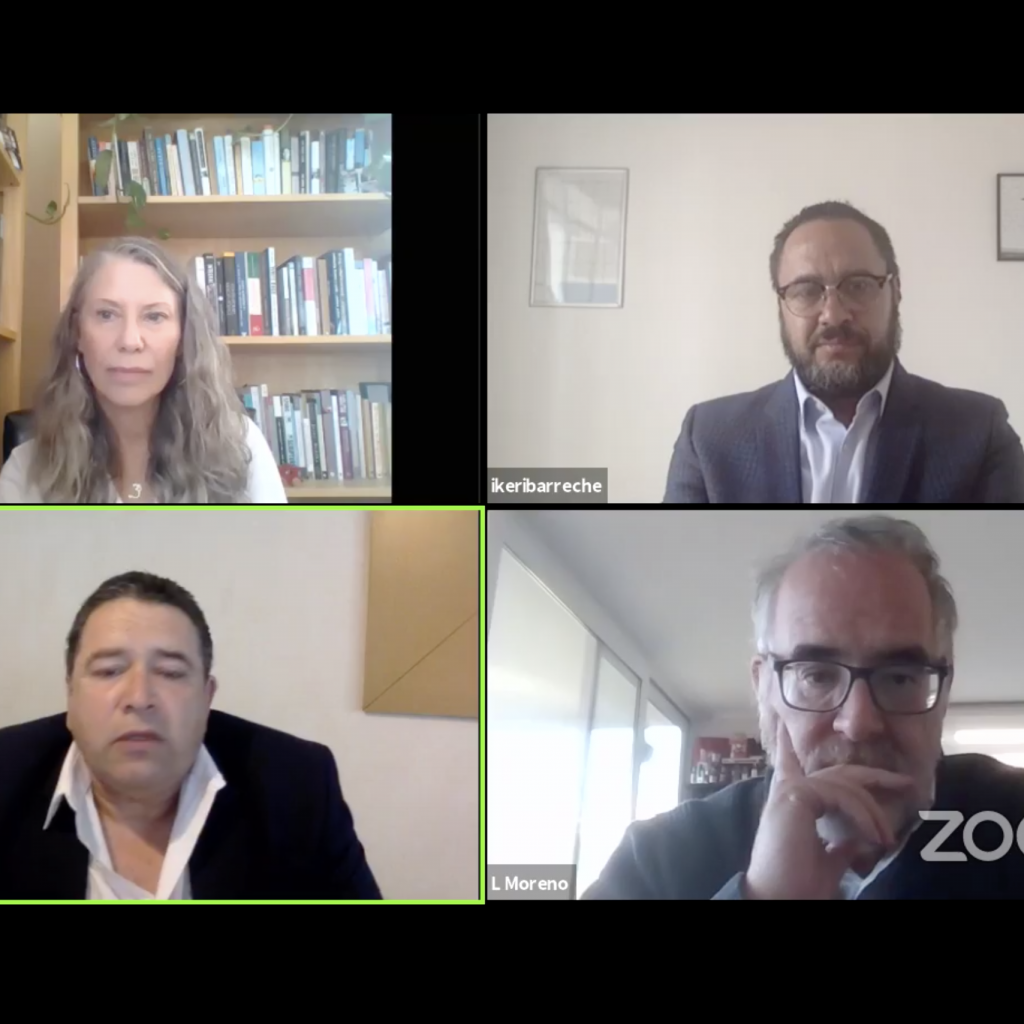
7/5/16 (written by sramirez) — The Mexican Senate recently approved the Miscelánea Penal reforms to support the New Criminal Justice System (Nuevo Sistema de Justicia Penal, NSJP), thus ultimately putting into full force the new system. The package of ten legal reforms were heard in an extraordinary session by the Senate on June 14, 2016, just four days prior to the constitutional deadline for Mexico to implement the NSJP nationwide, the overarching reform to the judicial system. The Mexican Chamber of Deputies approved the Miscelánea Penal reforms on April 28 with a vote of 403 in favor, 0 against, and 24 abstentions. The Mexican Senate, meanwhile, voted 109 in favor and 5 against.
The articles in particular were intended to reconcile disputes between the NSJP vis-à-vis Mexico’s National Code of Criminal Procedures (Código Nacional de Procedimientos Penales), the Federal Criminal Code (Código Penal Federal), the General Law of the National System of Public Security (Ley General del Sistema Nacional de Seguridad Pública), the Federal Law for the Protection of Persons involved in the Criminal Process (Ley Federal para la Protección a Personas que Intervienen en el Procedimiento Penal), and the General Law for Prevention and Sanctioning of Crimes of Kidnapping (Ley General para Prevenir y Sancionar los Delitos en Materia de Secuestro), among others.
The approval of the Miscelánea Penal reforms are not only important because of the timing of their approval just days before the constitutional deadline for the NSJP, but also because of the legal protections the package of ten reforms provide. For one, the reforms provide protection to the due process procedures for individuals involved in legal processes. They also clarify the role of the Control Judge (Juez de Control), one of the several new judgeship positions created under the New Criminal Justice System, thus, among other purposes, dividing the control throughout a legal procedure between several positions to keep power in check. As Excélsior writes, the reforms also bolster rights of the accused by giving them the option of presenting evidence in their case directly to the judge, thus removing the Attorney General (Ministerio Público) from the process. The reforms also take an important step forward for the rights of the accused by declaring that an individual cannot be held in preventative prison (prisión preventiva) for more than two years, thus expediting the legal proceedings. In addition, the reforms require a more active legal counsel for the accused during legal proceedings, promote electronic and technological advances in the judicial system, heighten protections for victims 12 years old and younger, and more clearly define police responsibilities when arriving at a crime scene, among others.
The Mexican government applauded the Miscelánea Penal’s approval. Congressman Manuel Espino, for example, argued that the reforms would comprehensively strengthen the judicial system. “We have evolved,” he said following the Chamber of Deputies’ approval in April, “to give judicial elements to the Executive and Judicial branches in order to better advance justice. But this is not sufficient,” he cautioned, “given that Mexico ranks as one of the countries in Latin America with the worst levels of impunity.” The president of the Senate’s Human Rights Commission, Angélica de la Peña of the Party of the Democratic Revolution (Partido Revolucionario Democrática, PRD), also recognized the reform’s efforts to protect the human rights of the accused within the judicial processes, among other changes.
With the Miscelánea Penal approved, the Mexican government celebrated the closing of the eight-year implementation phase of the NSJP on June 18, 2016 in Mexico City. Mexican President Enrique Peña Nieto, Supreme Court President Luis María Aguilar, the heads of the Mexican Senate and Chamber of Deputies, and all 32 state governors, among others, attended the ceremony. While the heads of government recognized the importance of the closing of the NSJP’s implementation period, they also acknowledged that the work was just beginning, echoing Congressman Espino’s caution that Mexico still has significant work to do.
Sources:
Notimex. “Diputados avalan en lo general Miscelánea Penal.’” Excélsior. April 28, 2016.




